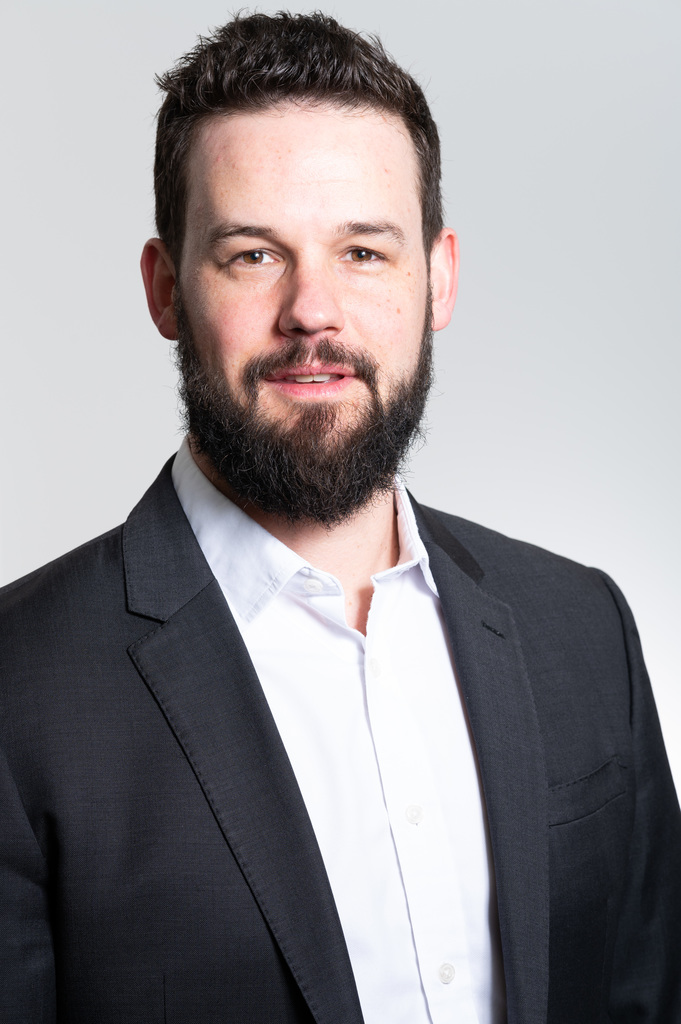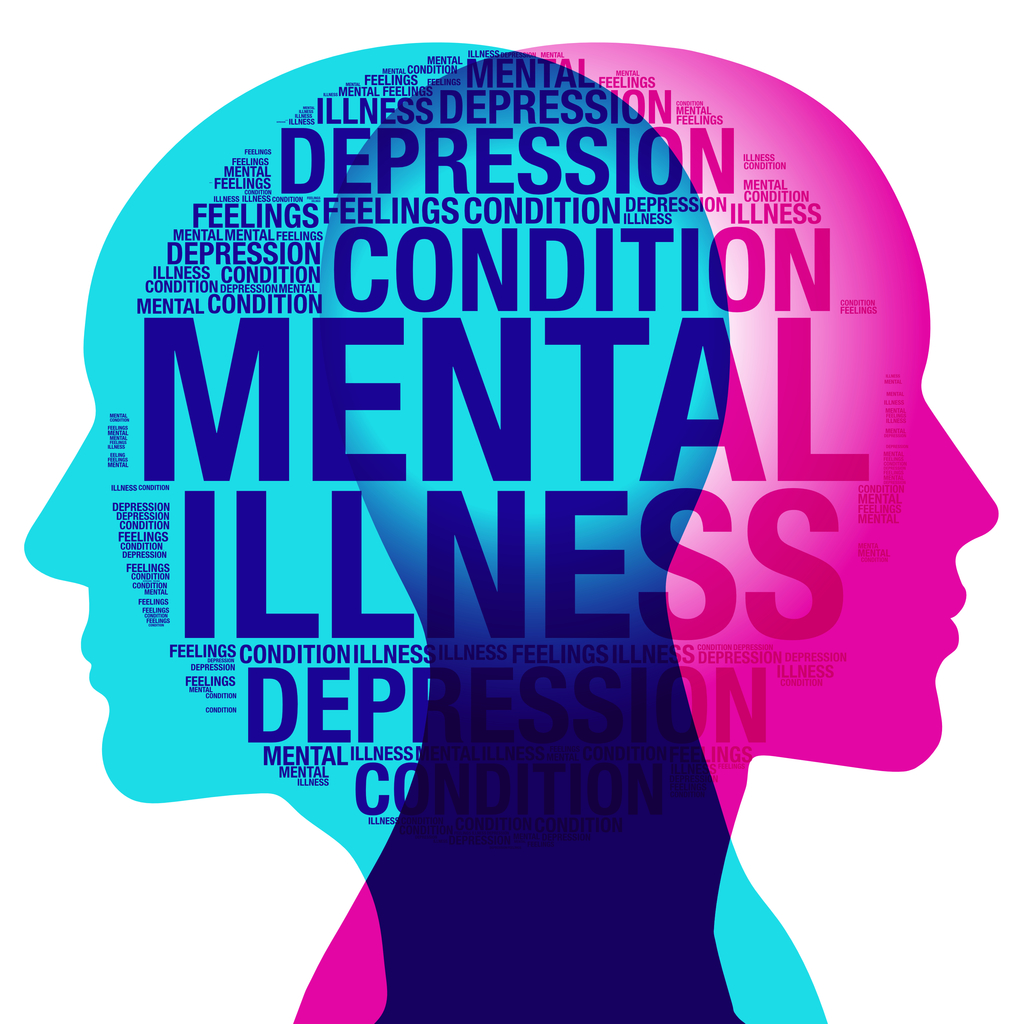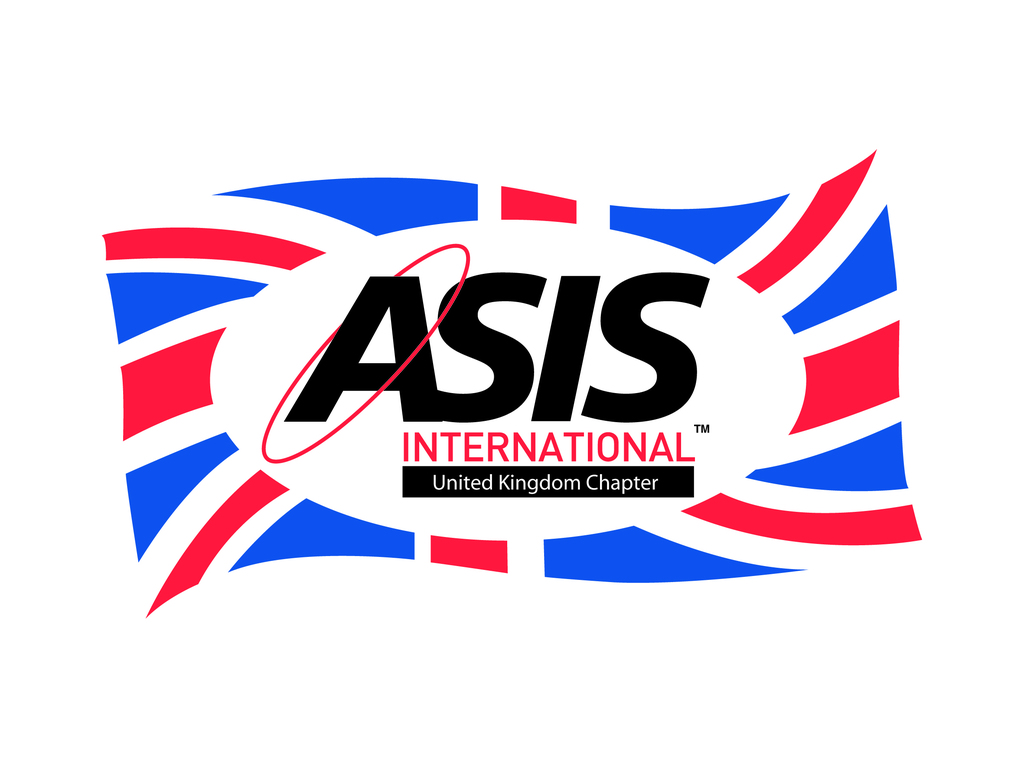
Brian Sims
Editor

Brian Sims
Editor
Mental Illness Awareness Week 2020 ran from 4-10 October, once again affording an outlet for advocates to educate the public on mental health conditions and reduce the social stigma around receiving mental health care. James Morris explains precisely why this is an issue that cannot be ignored by the security fraternity
MENTAL HEALTH matters to security personnel as much as it does to anyone else. Let me outline why. Recently, I finished reading ‘Game Change’ by Ken Dryden. The book is a semi-autobiographical story of Steve Montador, a journeyman ice hockey player who appeared in more than 500 games for six National Hockey League (NHL) teams from 2001 to 2012. The book is also part history, covering the development of the game of hockey, as well as being a clarion call to save the lives of athletes who are vulnerable to brain damage caused by concussions.
The book made me think about mental health awareness and the support that society gives to those vulnerable once their careers are over. A legendary former player, politician and author of numerous books, Dryden tells the story of Montador as he moves from being an unlikely prospect to making the big leagues, but the narrative becomes harrowing as he descends into addictions in a bid to deal with his deteriorating physical and mental health.
Dryden includes excerpts from Montador’s own journal in which he describes his goals, but also his fears, battles with his illness and addiction and suicidal thoughts as he retreats from the limelight and feels the effects of his career on his body and his health and the creeping depression as his health impacts his ability to play the game to which he dedicated his life.
Montador was a player beloved by his teammates as someone who would do anything for the cause. He was a player who would routinely put his body on the line for the team, suffering several injuries as a result.
‘For the team’
The book is an incredible examination of how we often ask many to give so much ‘for the team’, but then fail them afterwards after their career is over. Tragically, on 15 February 2015, Montador was found dead in his home outside Toronto, four days before his girlfriend gave birth to their first child. The cause of death remains unknown. It’s not thought that he committed suicide. Rather, the autopsy highlighted the presence of a mixture of drugs Montador had been taking to manage the extreme symptoms he had been suffering. The cocktail may have accidentally led to his death.
A few months after he died, researchers from the Canadian Sports Concussion Project disclosed that Montador had suffered from chronic traumatic encephalopathy (CTE), itself a progressive degenerative brain disease found in people such as athletes with a history of repetitive brain trauma. It’s estimated that Montador had suffered 19 concussions over the course of his career, while in later years he suffered from memory loss, anxiety, dizziness, drowsiness, depression and sensitivity to light.
His family launched a lawsuit against the NHL, one of many initiated by the families of former players who suffered similar injuries (some of whom took their own lives because of their injuries and health challenges). The lawsuit alleged that the NHL didn’t do enough to educate Montador about concussions and the possibility of developing CTE.
Montador’s story encouraged me to think about the demands we place on Emergency Services personnel, the military, security officers and others and the support that they receive – or not, as the case may be – once they leave the Armed Forces or they’ve retired. While society is much more aware of Post-Traumatic Stress Disorder (PTSD) and the impact it can have on Forces personnel, it isn’t clear that the risk and impacts of PTSD on other professions is well understood and that, in particular, the methods of reducing the risk of developing PTSD is understood.
Epidemic of our time
In November last year, General Lord Dannatt, former head of the Army, said that: “Suicide among veterans has become an epidemic of our time.” A September 2018 study conducted by the Society of Occupational Medicine found that doctors are at considerable risk of work-related stress, burnout and mental health problems such as depression and anxiety.
The risk is greater than that of the general working population and is increasing over time in line with the growing demands and complexity of the job, a faster pace of work and diminishing resources. Sadly, the same can likely be said for all members of the Emergency Services and, ultimately, security officers.
While most security officers may not face the same risk of physical trauma as sports professionals, the risk of mental trauma is high. Security staff are often the first responders to traumatic events, from crimes through to threats of violence and accidents. In May, the Office for National Statistics published figures regarding COVID-19 deaths by occupation, duly revealing a high death rate in the security sector.
Security officers had one of the highest death rates by occupations. Are security personnel appropriately trained to manage traumatic events, though, and particularly so their own physical and mental responses to such episodes?
However it occurs, ASIS members can now benefit from free therapy for trauma either by phone or Internet thanks to the PTSD Resolution charity. The online service was developed to meet the need for help during the COVID-19 pandemic as one-to-one meetings with therapists may not be possible because of social distancing.
ASIS members are also able to access free trauma treatment through PTSD Resolution. Therapy is provided confidentially and without the need for a referral, so there’s no record that may impact on the sufferer’s employment situation. This can sometimes be a fear that inhibits people from seeking professional help.
As an industry, security must ensure that its providing security officers with the support necessary to transact their jobs effectively. That support must also extend to their mental health. We must do what we can to assist those who do so much to underpin our teams even when their shift is concluded.
James Morris CPP is Head of Security Services (EMEA) at Aon Business Services and Secretary of the ASIS International UK Chapter (www.asis.org.uk)



PO Box 208
Princes Risborough
Buckinghamshire
HP27 OYR
UNITED KINGDOM
08000 502208